Imagine if Mark Cuban said he could teach you everything he’s learned about investing, and it would only cost you $10.
Seems too good to be true, right?
It isn’t. In fact, you can get that deal right now. How? Easy. Buy his book.
Books are one of the best investments a new business owner with a tight budget can make.
Consultation and coaching usually will cost you thousands of dollars. Worse, those programs can be stretched over time. You could easily be $10,000 in the hole in the blink of an eye.
Online courses are another good option. There are certainly a lot of good options available. However, it’s sometimes difficult to use the information you receive. Files and assignments can get lost in cyberspace easily.
On the other hand, a book is $20 or less. The only other requirements are a few hours of your time and a good strategy for remembering and using what you read.
Business today is a pursuit of information. No new technology, fancy equipment, or great hire will do you any good without the knowledge it takes to manage these things. The person with the most information wins.
As a business owner, you need information on a wide range of topics. Here are the five books I’ve found most helpful for getting oriented around the topic of business without getting an MBA.



#1: Cashflow Quadrant by Robert Kiyosaki
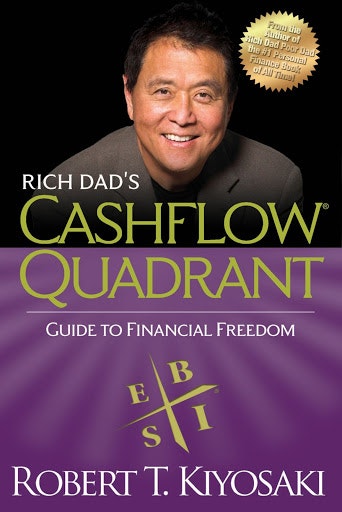
A beautiful thing about books is that the author cannot cram an idea down your throat. Kiyosaki is a polarizing figure in today’s world; however, much of his money advice is still sound.
→ Click Here to Launch Your Online Business with Shopify
Cashflow Quadrant’s main premise is that there are four areas in which a person can make money:
- Employee
- Self-employed
- Business owner
- Investor
You probably would like to be in either those bottom three categories, right? It might be worth understanding the perks and pitfalls of each.
Cashflow Quadrant unpacks those differences, as well as the skills, mindset, and information you need if you want to move from one quadrant to the next.
#2: Launch by Jeff Walker
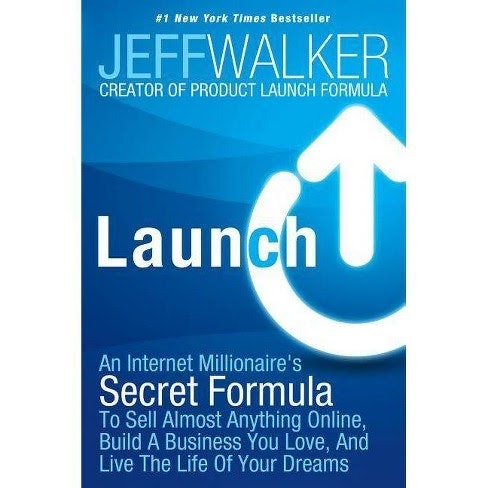
For further proof that books are a wonderful investment: Walker teaches the material found in Launch in a course that costs $1,997. I’m not saying it isn’t worth the money… but wouldn’t you want to test out the ideas yourself first?
Walker was one of the first people to dive into online marketing back when he still had to use a computer shaped like a box. Stripped of so many gadgets and tools that we have available now, Walker was forced to focus on the principles of marketing and selling.
I’ll give you my favorite: understanding mental triggers.
Mental triggers aren’t about manipulating your audience or “tricking” them into buying something. It’s about understanding how humans have evolved, and then building your product to meet each of those needs. Here are a few that stuck with me:
- Proof: You need to validate that your products actually work.
- Social Proof: Testimonies, reviews, recommendations… all this has to be there.
- Scarcity: If there are fewer spots to be taken, people are more eager to get them.
- Urgency: If there is a time limit on your product, people don’t want to miss out.
Read each of those mental triggers as checkboxes for your own business.
#3: Tax-Free Wealth by Tom Wheelwright
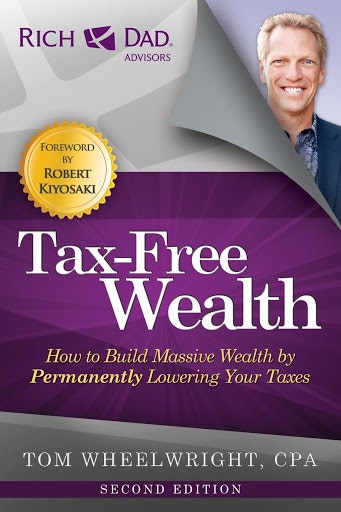
For most of us, tax law seems too big and complicated to understand. Most citizens have the luxury of ignoring it. If you want to start your own business, though, you can’t ignore it any longer.
Tax law means it is entirely possible to fail by succeeding. What if you make tons of money in your first year in business… and then have to shut down because you got a huge tax bill you weren’t expecting?
Wheelwright touches on everything in this book – global travel, depreciation, tax credits, etc. But the first time I read this book, I latched on to a simpler, powerful principle.
When you are in business, you are taxed AFTER expenses.
Let’s say you make $1,000 in your first month in business. If you took that money home as an employee wage, the whole $1,000 would be taxed. However, if you earned it through your business, your expenses could be subtracted from the $1,000 before it is taxed.
This insight alone was worth the price of the book for me. Tax-Free Wealth is a tax guide for the average person.
#4: The Passion Economy by Adam Davidson
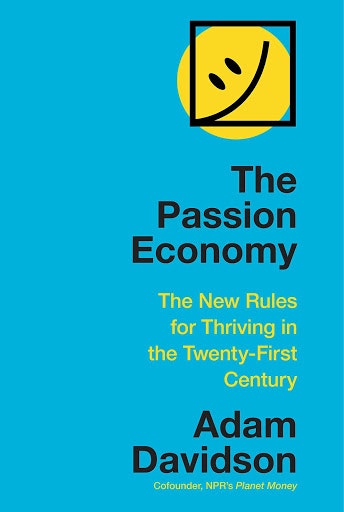
Adam Davidson’s act of “rebellion” was to ignore his actor father’s advice and take a job in finance. The result was a person who completely understands why a person would want to follow their passion… and who knows all the financial pitfalls for doing so.
Read his thoughts on pricing, for example:
“We no longer live in a “one size fits all” economy. It’s imperative that you constantly hone your products and your skills in response to your customers’ needs… you don’t want to spend all your time seeking a perfect customer match without realizing that it would be better to listen to the near matches, adjust your offering, and make the sale.”
That’s a thick paragraph with a lot of big words. Simply, Davidson means this: People change. Always be asking what they want next.
This book is loaded with case studies. You’ll read about a teacher and a pharmaceutical professional who started a clothing business, an ex-convict who started a fitness club, and one man’s quest for the perfect American ice cream.
Many times, an entrepreneur can lose what they were passionate about in the day-to-day activities of the business. This book helps avoid that. If you want to turn an activity you love into something that also fills your bank account, read this book.
#5 This Could Be Our Future by Yancey Strickler
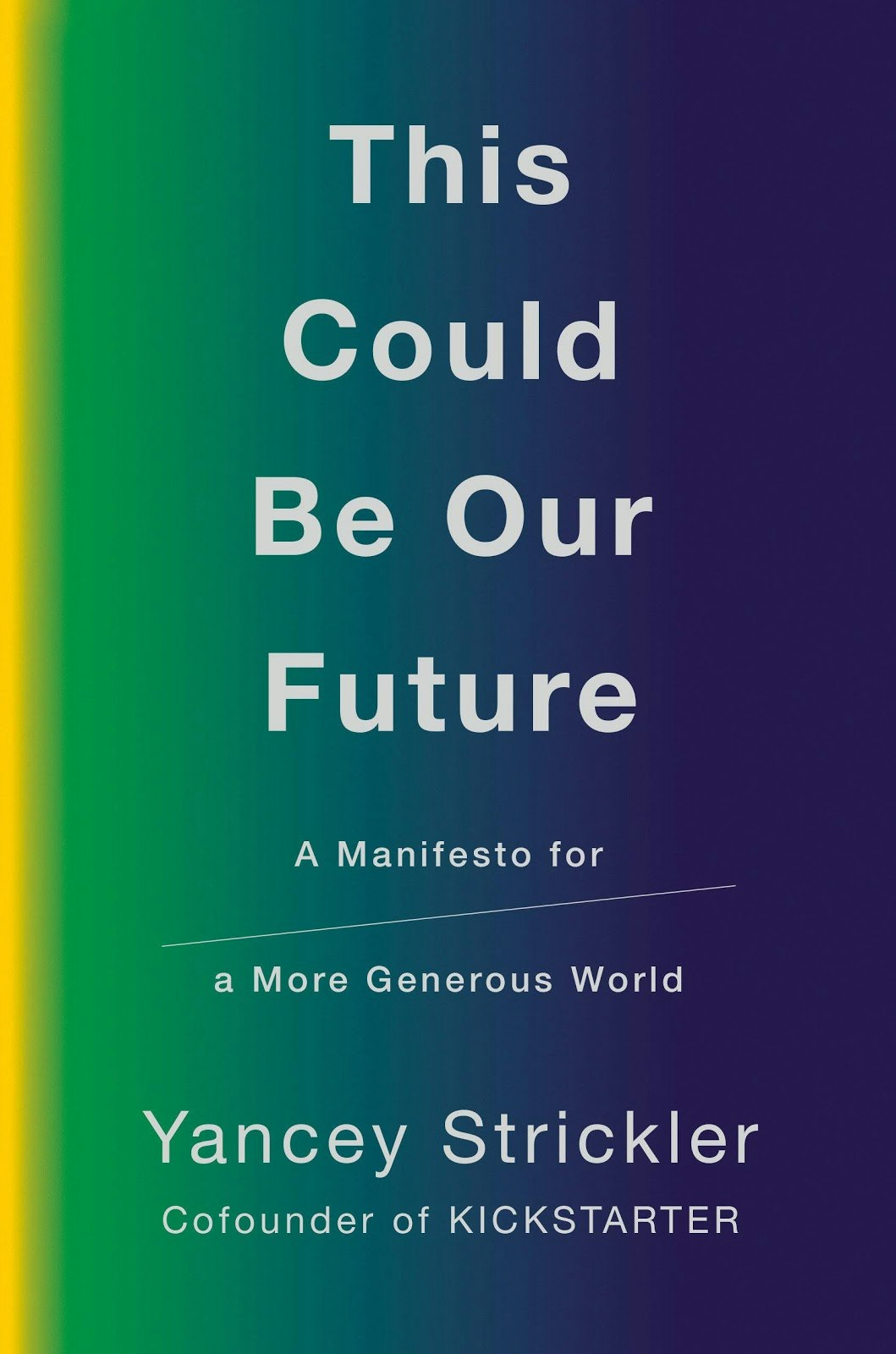
In 2021 and beyond, a business must be about more than money.
Strickler, the co-founder of Kickstarter, challenges business owners to pursue “non-financial capital.” Many business standards have driven success for a small number of people, while simultaneously damaging healthy competition, entrepreneurship, and even the health of our planet.
You’ll learn in this book that the school of “financial maximization at all costs” is a recent trend. Before that, businesses felt a responsibility to not only generate profits for shareholders but also empower and improve their communities.
While Strickler was at Kickstarter, he made the company a “Public Benefit Corporation.” This means the company is legally bound to… well, benefiting the public. Not just shareholders.
Here are a few of Kickstarter’s core principles:
- “Always support, serve, and champion artists and creators, especially those working in less commercial areas.”
- “Donate 5% of its after-tax profit towards arts and music education, and to organizations fighting to end systemic inequality.”
- “No use of loopholes or other esoteric but legal tax management strategies to reduce the company’s tax burden.”
In other words, they didn’t just want to make money. They wanted to make the world better.
If that is one of your goals as a business person, be sure to read this book.
Final Thoughts
Reading through all of this, I’m encouraged to remind you again of this:
Books are the ultimate investment.
Yes, there are lessons you can and will only learn through experience. But, if you could avoid huge problems simply by reading a few pages of information, why wouldn’t you?
This is the information age. It’s not enough to simply have a great product or muscle out competition.
No, the most informed has the best chance to win.
On your mark, get set, read.






